
Here’s the 8 biggest stories we’re watching out for in 2017
If 2016 was anything to go by, we can expect some big changes in 2017.
If 2016 was the year of Brexit and Trump, then 2017 is probably going to be the year of er... Brexit and Trump – with a healthy smattering of jargon and technical discussions around issues that probably aren't that technical at all. Here's what we think you should be looking out for, what it all means, and why we think it's important it's understandable.
Will Donald Trump's promises stand up to the test?
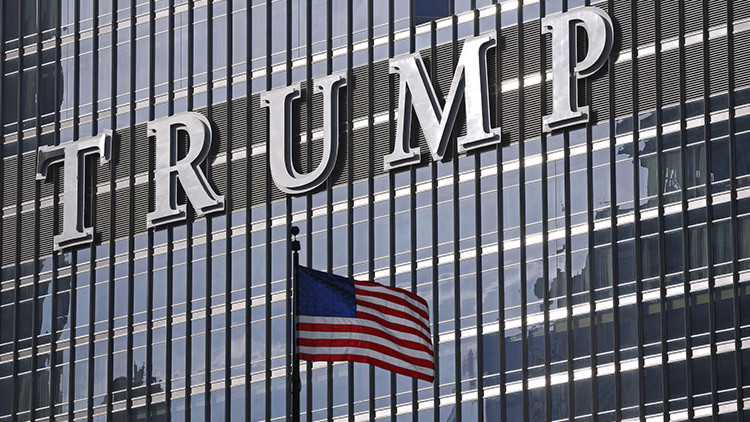
Trump made lots of promises in the run up to the election in November. Will he keep them? He promised jobs for Americans and said his economic policies – cutting taxes, getting rid of regulations that make it harder to run a business, and spending money on new infrastructure (think the wall) – would make the US economy . Trump's economic policies appealed to his voters, and he faces a big challenge now to make sure he comes good. But, even if he achieves the spectacular growth targets he's set himself, succeeds in creating more jobs for US workers, and kick-starts industry, will the changes he makes really be the best thing for the US economy, and the rest of the US population, particularly migrant workers?
What will the Eurozone look like in 12 months?
This year the UK voted to leave the European Union. Next year, the French, Germans, Dutch and (maybe) Italians will also head to the ballot booths. Unlike the referendum in the UK, none of these countries will be voting directly on the EU, but don’t be surprised if feelings towards Europe loom large in each of the elections. Each is a member of Europe’s joint currency, the euro, which has been blamed for the economic problems many European countries have had since the 2008 financial crash. So, the economic position of voters will play a huge role in their political decisions. If anti-euro parties win an election or two across the Eurozone, we might have to start talking a lot more about the possibility of it breaking up. We need to make sure it's not just spoken about in terms of growth, currency and debt but also in terms of the impact it will have on workers, travelers and businesses across Europe.
In June, we spoke to voters in Epping about how they felt the economics of Brexit was communicated in the run up to the vote. Here's hoping that the upcoming election campaigns in each of these countries are clearer about their proposals.
It might be the year we find out what Brexit's actually going to look like
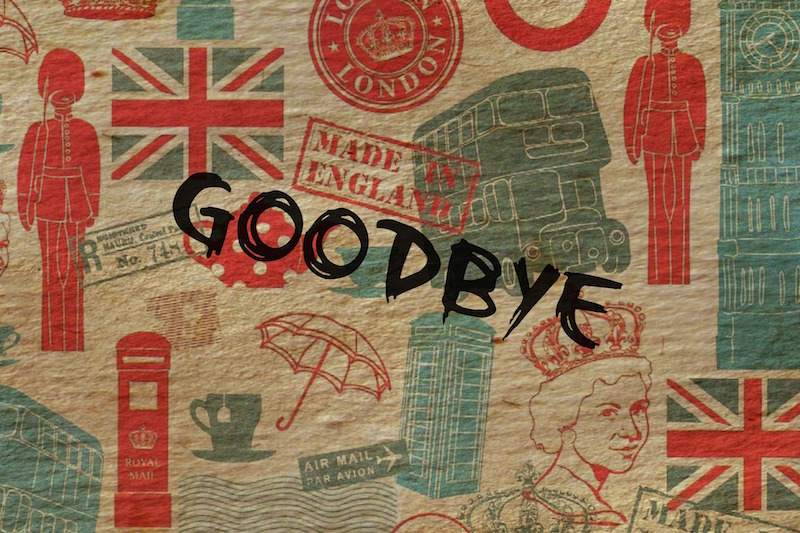
In 2017 (in all likelihood) the UK will start the legal process of actually leaving the EU. But there's still a lot of confusion about what this will end up looking like. The debate right now is all about ‘hard Brexit’ vs ‘soft Brexit’. It sounds a bit like cooking eggs, but the idea of soft Brexit is to keep a more or less open border with Europe, so people, money and things can still come and go, almost in the same way as before. It would be less upheaval for Britain, but will anger people who argue that they didn't vote to leave the EU for things to stay the same.
A hard Brexit would do away with the open border with Europe entirely. This will mean the UK will control its own borders, and will probably not be able to access the single market - a trading agreement with other EU countries. How they work this out is a big deal not just for people who live in (or want to move to) the UK, but will also tell us a lot about how the EU thinks of itself: can countries pick and choose the parts of the EU they want, or is it all or nothing?
A big criticism of the EU referendum campaign was that politicians and campaigners didn't talk enough about these different options – or in an understandable enough way – before Britain went to vote. With just months to go before negotiations start, now's the time to make sure people understand what's going on.
2016 brought us Tesla roof tiles. What's Elon Musk got up his sleeve for 2017?
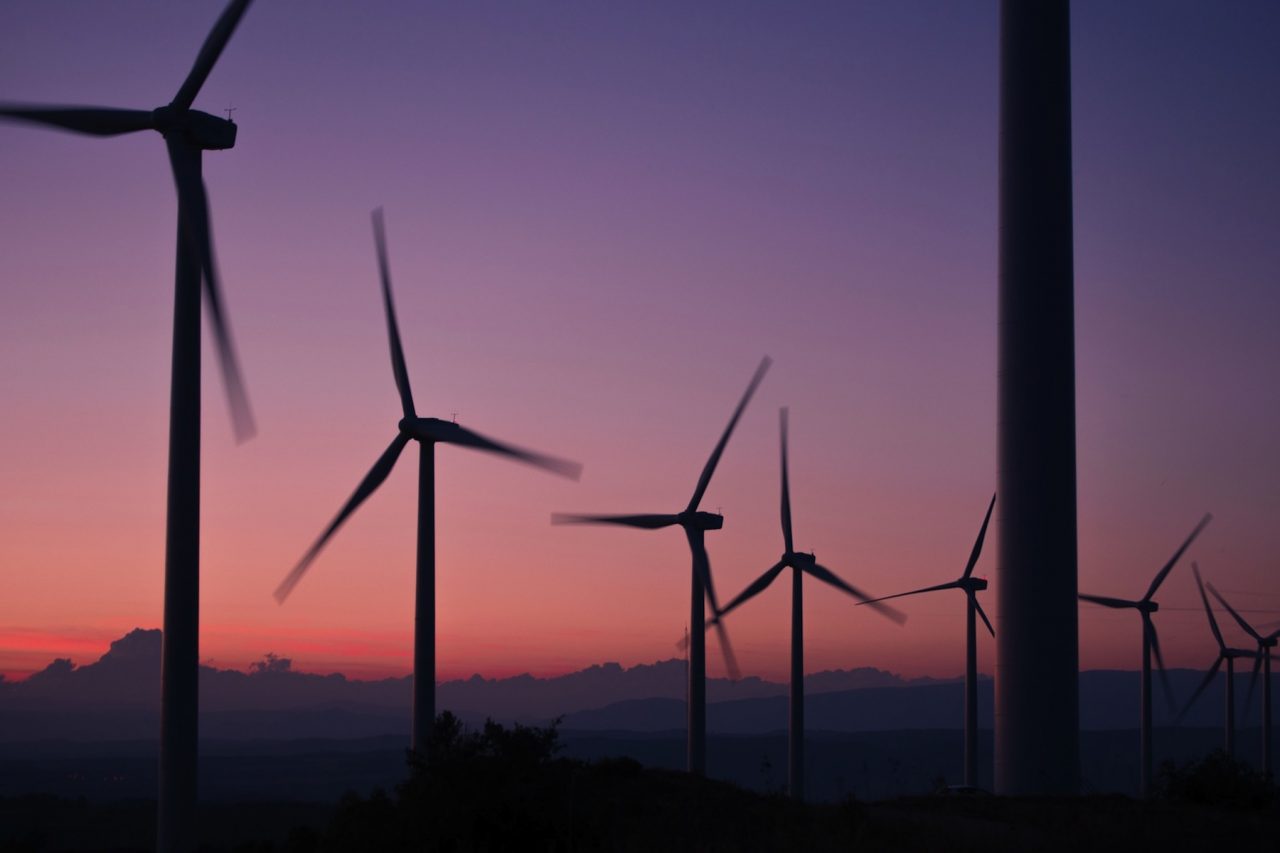
Okay, it's not just Elon Musk, but he's probably got something up his sleeve. The numbers are still coming in, but it’s looking like 2016 was a huge year for renewable energy. In August, Scotland managed to generate enough electricity to power the whole country for a day, just through wind (although, to be fair, it was very windy). Solar energy in particular has been going nuts — it’s looking like solar production might have doubled in the US this year and is growing pretty quickly around the world. And if more people follow Tesla's footsteps with designs that make renewable look cool, we may see user friendly renewable energy really kick off this year. Then again, Trump is promising to increase digging for coal, which could spark some tension in the energy industry.
Is there a big stock market crash ahead?
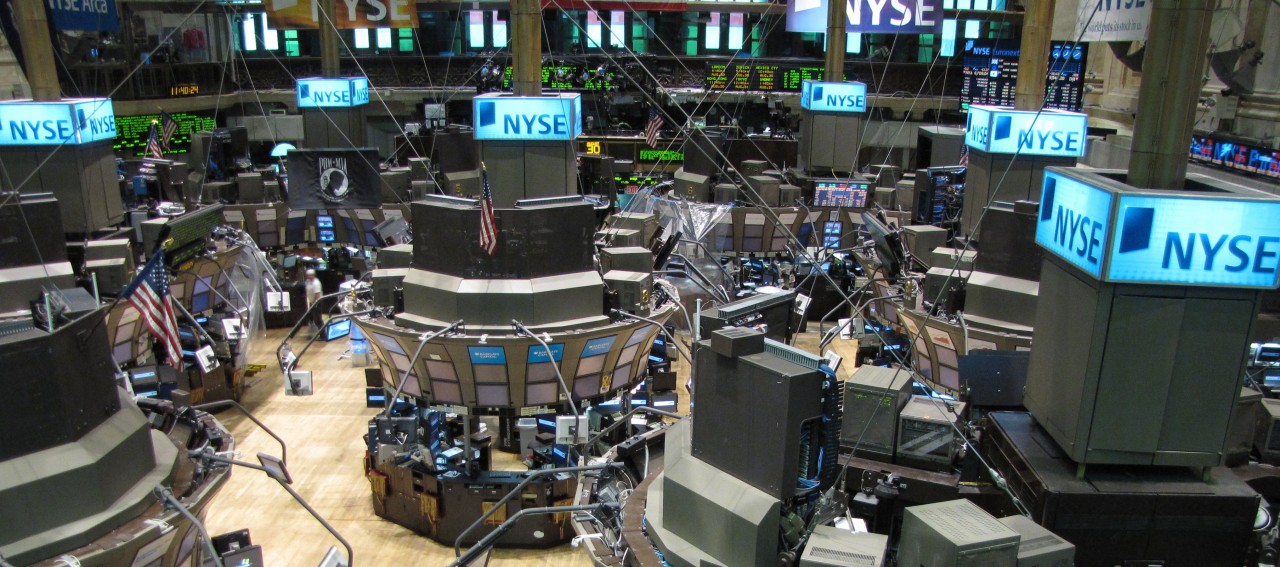
There’s some chatter in the finance world that a massive stock market crash might be right around the corner. The basic problem is that the value of the world's stock markets is growing a lot faster than the world's economy. Stock markets show how much people think companies are worth, or will be worth in the future – which isn't always an accurate representation of the real success of the business. If companies keep getting more valuable on the stock market, but their actual on-the-ground business isn't making any more money, you get what's called a 'bubble' – which basically means the value is artificially high, and like real bubbles, this eventually becomes unsustainable, and the bubble can burst.
In particular a lot of people are worried that a few European banks could run into trouble if the companies they’ve invested in don’t do as well as expected. And that what starts as trouble for a few banks could spiral into something much bigger. A big part of what makes these spirals happen is people feeling insecure about what's going on, and doing things that end up making the situation worse – so communicating about them in an understandable way is absolutely essential.
Will the trade tough talk between the US and China escalate?
One of the biggest promises of Donald Trump’s presidential campaign was to change the rules for other countries trading with the United States. Specifically, Trump has said he may put big taxes on any products coming in from China to try and encourage production in the US, which he says would stop American companies from moving jobs outside of the US. If this happens, there's a chance that China would retaliate and put big taxes on things from America. There’s no telling how far the two countries could push each other, but the conflict has the potential to snowball into something that could make trade more expensive for everyone, and disrupt a lot of businesses around the world.
Will prices finally rise, or nah?
Pretty much every year since 2008, people predicted that prices in Europe and the US would start going up really quickly in the coming year. And so far, every year prices have increased at rates that are considered to be pretty low — around 1–2%. Back in 2008, governments and central banks started creating more money to try to fight the recession (called ). That means basically putting a lot more money into the economy to get people spending – but it's risky in terms of the chances of creating high through it too. Higher inflation basically means the daily cost of living goes up, but the way it's talked about by the media and central banks can be hard to understand. That's a lot of jargon for something that could have a big impact on your daily life.
How will tech impact the world of work?
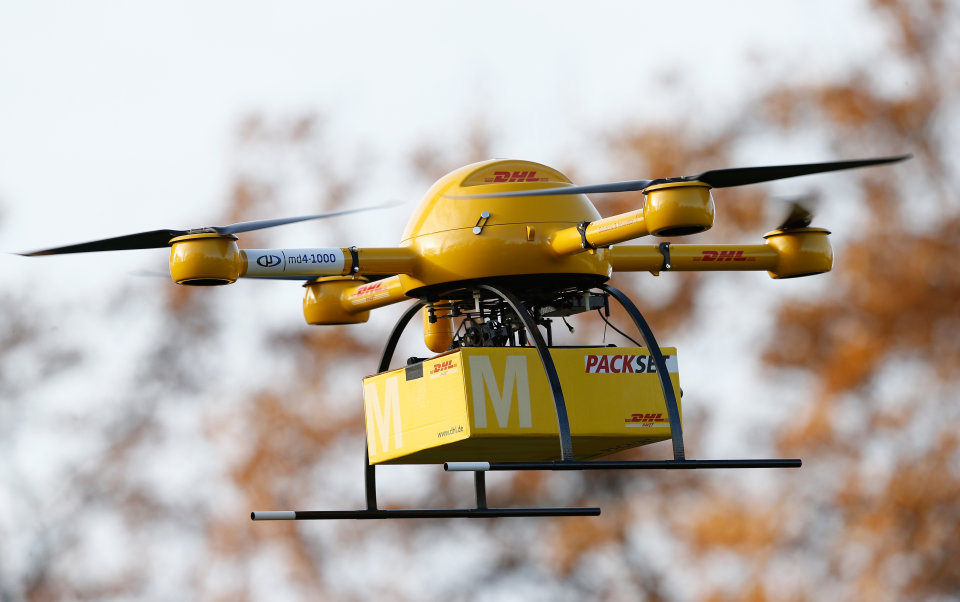
It’s looking like two of the biggest tech stories of 2017 will be delivery drones and driverless cars. Which means we’re getting closer and closer to a day when something can be picked up at a factory by a robotic truck, taken to an automated warehouse and loaded onto a flying drone. This sounds super cool, but it’s also going to be a pretty big for people working as truck drivers and delivery people. But the impact of tech goes beyond factories, and some estimates put up to a third of UK jobs at risk in the next 20 years. The impact of tech on the world of work has already been pretty flashily described as the "Fourth Industrial Revolution". If it lives up to that name it could change the way we work completely.
Let's hope understandable economics kicks in soon, or we're going to get seriously confused by all of the above in 2017.
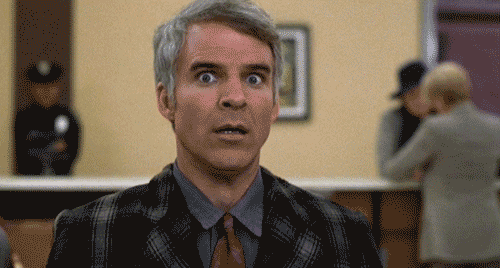
From elections to energy, there are some big changes ahead in 2017. But there are also some big decisions to be made. These stories will be big economic news, so here's hoping for a bit of clarity.
Interested in helping us make sure economics isn't just for experts, but for everyone? Find out more about our campaign for understandable economics www.ecnmy.org/campaign and get involved! www.ecnmy.org/join



